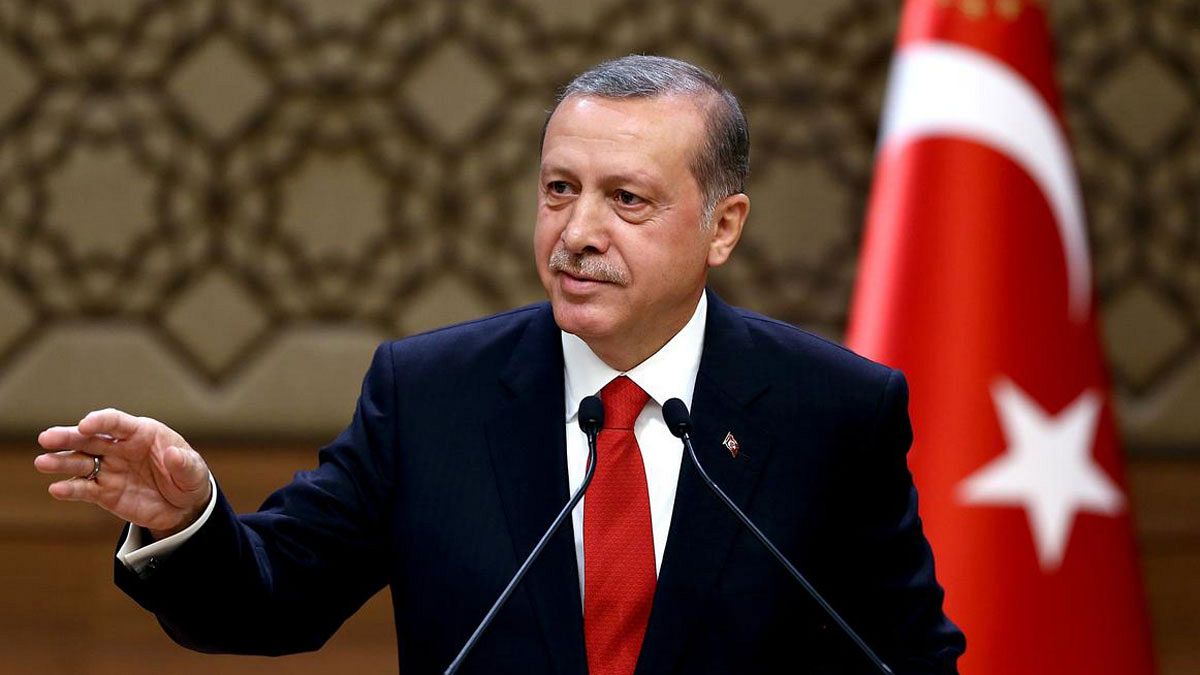Turkey went to the polls on June 7 this year and voted to end the Justice and Development Party’s (AKP) 13 years of one-party rule. The key to this development was the Kurdish-socialist coalition, the Peoples’ Democratic Party’s (HDP), which broke the 10 percent threshold needed to take seats in parliament. Two and a half months has now passed since the elections and Turkey still does not have a government that reflects this political change, all coalition attempts have failed and a new election has been called for November. The price of this political crisis is rising every day.
The Turkish Lira is at a record low against dollar, recently decreasing from 2.79 to 3.00 within a week. The three-year peace process between Kurds and Turkey is in pieces, on Wednesday 12 Turkish soldiers were killed in an ambush. Turkish fighter jets have also targeted PKK bases in Northern Iraq, killing nearly 400 militants, according to official numbers. People are not happy with the situation, they are worried. Everybody in Ankara knows that people will punish whichever political party they hold responsible for this mess. For this reason the next election campaigns will become a blame game among parties.
The ruling AK Party has tried to counter these accusations by continuing talks with its rivals, the Republican Peoples’ Party (CHP) and Nationalist Movement Party (MHP). But in the end no coalition agreement has been reached. This is where the blame game began. For AKP the demands of these two parties, which include pushing the president back within constitutional limits and opening corruption cases on four ministers, were not acceptable.
Prime Minister Davutoglu needs strong arguments to convince the people that the onus of the failure is on opposition parties. The main subject of the AK Party campaign will be “the old good days of one party rule, stable economy, ongoing political progess.”
The Republicans (CHP), on the other hand, underlined the fact that the prime minister has only offered them three months of temporary government until re-elections, while CHP leader Kılıçdaroglu was looking for a long-term offer.
MHP leader Devlet Bahçeli has said since election night that he is not going to join a government unless the peace process is abandoned.
The position of HDP Party has not changed. They told Erdogan in their election campaign: “we will not let you be the president” and have since avoided any kind of cooperation with the ruling party. But their alleged connections with the terrorist PKK organisation has put them in a difficult position in the eyes of the electorate, especially in the western part of Turkey.
Behind all this there is President Erdogan. He wants to change the constitution and increase his executive powers, changing the Turkish political system into a presidential one. For this he requires a two-thirds majority of the parliament, which would require HDP to remain under the 10 percent vote threshold. Many believe that that’s why Erdogan blocked any kind of coalition agreement between the AK Party and CHP or MHP.
Turkish people are very concerned about these developments. Violence is escalating, the economy is struggling. For the voters, the main subject of the elections will be “who is responsible for this political and economic crisis?” No opposition parties support the re-election and that puts the AKP in a difficult situation, as it does not have the majority to pass the election decision alone. For the first time ever in Turkey, this decision will probably be made by the president, a tough start for the ruling AK Party.
